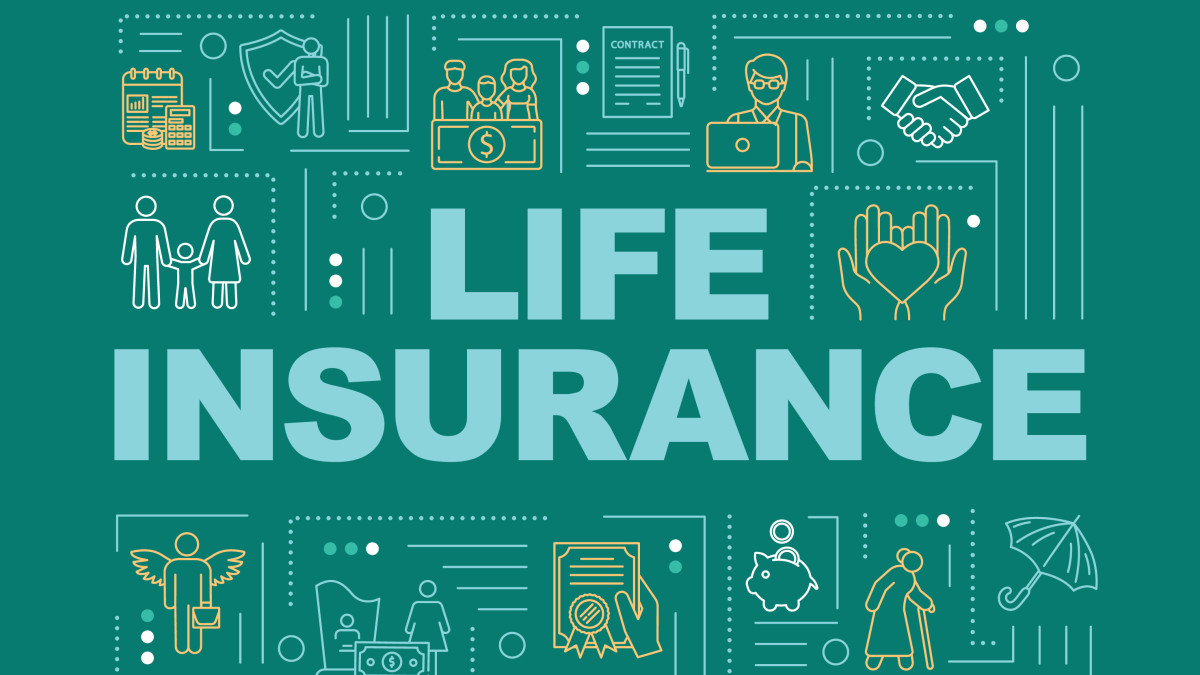Unraveling the Optimal Application of Life Insurance A Comprehensive Guide preface
Life insurance serves as a vital fiscal tool that offers protection and peace of mind for individualities and their loved bones . still, its benefits extend far beyond bare content. To make the most out of life insurance, one must understand its colorful types and how to effectively work them to meet different fiscal objects. This comprehensive companion aims to explore the stylish ways to use life insurance, from icing fiscal security for dependents to erecting wealth and leaving a lasting heritage.
1. securing Financial Stability for Dependents
The primary and utmost abecedarian purpose of life insurance is to give fiscal security to dependents in the event of the policyholder's death. For individualities with family members who calculate on their income, a term life insurance policy can be the most suitable option. Term life insurance offers a fixed content period and affordable decorations, icing that loved bones are shielded from implicit fiscal rigors, similar as paying off debts, funding education, and covering everyday living charges.
2. erecting a Financial Safety Net
Life insurance with a cash value element, like whole life or universal life, presents an occasion to make a fiscal safety net for the policyholder and their family. The cash value grows duty- remitted over time and can be penetrated through loans or recessions. This provides a source of finances that can be employed during times of fiscal need, similar as medical extremities or unanticipated charges.
3. Estate Planning and Wealth Transfer
Life insurance plays a pivotal part in estate planning, particularly for individualities with significant means. endless life insurance programs can be used as an effective tool to transfer wealth to heirs while minimizing estate levies. By naming heirs, policyholders can insure that their loved bones admit a duty-free death benefit, furnishing them with the coffers demanded to maintain their fiscal well- being after the policyholder's end.
4. Supplementing Retirement Income
For those approaching withdrawal or formerly in their withdrawal times, life insurance can be employed to condense withdrawal income. endless life insurance programs with accumulated cash value allow policyholders to withdraw finances duty-free, which can be especially profitable when other withdrawal accounts are subject to taxation. This can help retirees achieve a more comfortable and financially secure withdrawal.
5. Business Succession Planning
Small business possessors and mates can use life insurance as a pivotal element in their business race planning. In the event of the death of a crucial person, a well- structured life insurance policy can give the surviving mates with the necessary finances to buy out the deceased's share of the business. This ensures a smooth transition of power and the durability of the business without fiscal strain.
6. Paying Off Debts and Final Charges
Life insurance can be a lifeline for loved bones left before, enabling them to settle outstanding debts and cover final charges, similar as burial costs, probate freights, and medical bills. By having an acceptable life insurance policy, policyholders can palliate the fiscal burden on their family during an emotionally grueling time.
7. Supporting Charitable Causes
For individualities with a humanitarian mindset, life insurance can be an effective tool for supporting charitable causes. By designating a charitable association as the devisee of a life insurance policy, individualities can produce a continuing impact indeed after their end. This avenue allows them to contribute significantly to causes they watch about without compromising their means during their continuance.
8. Long- Term Care Funding
Certain life insurance programs offer riders or vittles that can help in backing long- term care charges, similar as nursing home care or in- home healthcare services. These programs allow policyholders to pierce a portion of the death benefit to cover similar charges, furnishing precious fiscal support during ages of extended care requirements.
9. Tax Planning and Wealth Preservation
Life insurance can play a vital part in duty planning, particularly for high- net- worth individualities seeking wealth preservation. The death benefit from life insurance is generally entered duty-free, making it an seductive vehicle for passing on wealth to heirs at law efficiently. also, the cash value of certain programs can grow duty- remitted, allowing policyholders to accumulate wealth while minimizing duty arrears.
Conclusion
Life insurance is a protean fiscal tool that offers far- reaching benefits for individualities and their loved bones . By understanding the colorful types of life insurance and their operations, individualities can maximize its eventuality to meet a wide array of fiscal pretensions. Whether it's securing fiscal stability for dependents, erecting wealth, supporting charitable causes, or planning for withdrawal, life insurance can serve as a important instrument for securing a brighter and further financially stable future. To make informed opinions acclimatized to one's specific requirements, it's essential to consult with a good fiscal counsel who can help navigate the complications of life insurance and produce a substantiated plan to achieve fiscal success.

